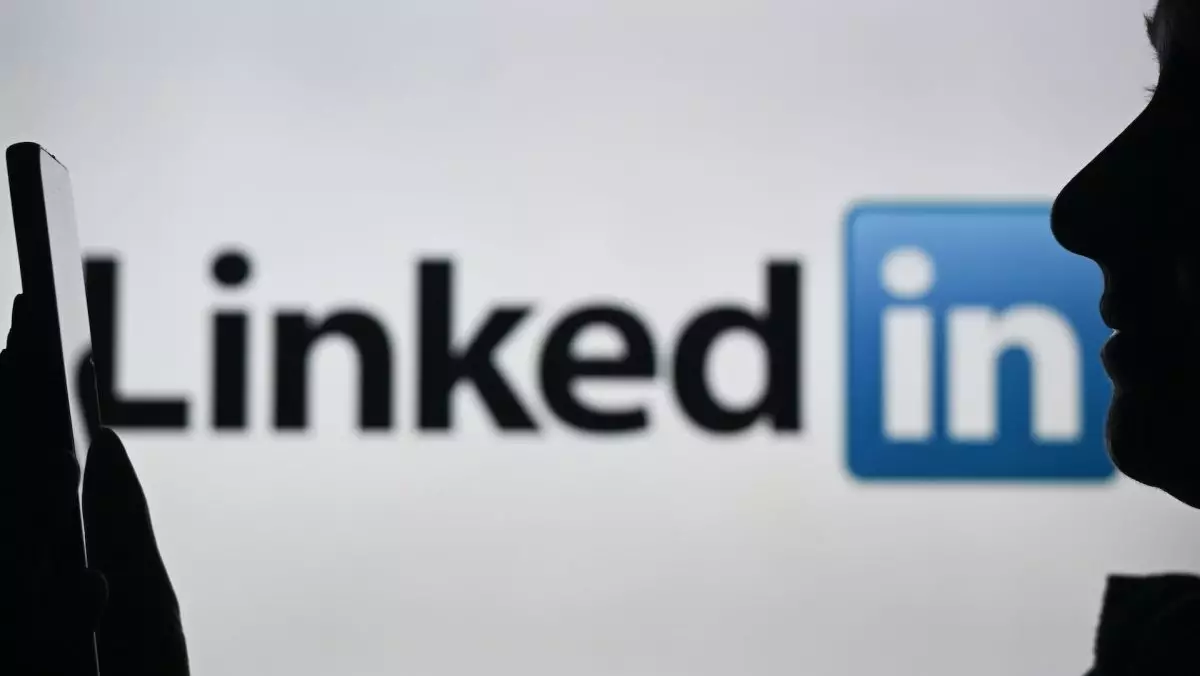In the digital age, the interplay between user data and artificial intelligence (AI) has ignited considerable debate, particularly concerning ethical considerations surrounding privacy. Recently, LinkedIn has found itself at the epicenter of this discussion as it becomes clear that the platform may have harnessed user data for AI model training without appropriately notifying its users. The implications of this situation extend not only to individual privacy but also raise questions about corporate accountability and regulatory oversight.
LinkedIn’s practice of utilizing user-generated content for training AI models points to a growing trend across social networks, where vast amounts of data are leveraged for enhanced digital services. In the United States, LinkedIn users have the option to toggle their participation in this data collection through their settings. However, the platform’s ability to modify privacy policies and terms of service post hoc raises significant concerns. While users can technically opt-out, the absence of prior notice about such a major shift in data usage undermines the principle of informed consent.
The apparent lack of transparency aligns with a broader issue affecting numerous social media platforms: the challenge of managing user consent in a rapidly evolving digital landscape. Corporations like LinkedIn and its parent company Microsoft are driving the technological frontier, but the methods employed to gather data have shifted under the radar, prompting alarm among users and privacy advocates alike.
While LinkedIn introduced an opt-out feature for U.S. users, the efficacy of this mechanism is under serious scrutiny. Many experts and advocacy groups argue that an opt-in model—where users expressly agree to the use of their data—should be the standard, particularly when it comes to AI applications. The current opt-out framework creates a burden on users, who must actively monitor and manage their privacy settings to protect their data. The Open Rights Group (ORG) has called this approach “wholly inadequate” and indicative of systemic issues inherent in user data management across social media platforms.
This demand for proactive consent is especially pertinent when considering the rapid advancements in generative AI technology. As platforms like LinkedIn evolve, the repercussions of data usage will inevitably extend beyond the immediate context. Users may find that their personal information inadvertently fuels complex AI systems that do not prioritize their privacy.
Interestingly, LinkedIn’s practices diverge significantly between the United States and Europe, where the GDPR (General Data Protection Regulation) governs data privacy with stringent rules. As noted, European users are exempt from this data scraping train, primarily due to the legal framework that mandates explicit consent for any data utilization. LinkedIn’s inability to manage user data in compliance with these rigorous regulations highlights a fundamental contradiction in how tech companies approach privacy on a global scale.
Ireland’s Data Protection Commission (DPC) has taken a keen interest in LinkedIn’s operations, illustrating the rise of regulatory bodies that aim to hold tech giants accountable for their actions. The DPC’s proactive stance serves as a reminder that unchecked data practices can lead to significant backlash from both legal authorities and consumers, emphasizing the need for greater accountability in the oversight of user data.
LinkedIn is not isolated in its approach; the demand for data-driven AI training has led other platforms to implement similar strategies. Companies like Reddit, Tumblr, and Stack Overflow are also engaging in data licensing agreements, often with minimal user involvement or knowledge. This trend raises critical questions about the ethical sourcing of user content and the extent to which users are genuinely informed about how their data is utilized.
The user backlash against these practices can manifest in various forms, from deleting posts to the suspension of accounts, indicating a desperate plea for control over personal information. As avarice for data persists, users may find themselves caught in a perpetual cycle of sacrificing privacy for the convenience offered by social media platforms.
As the dialogue surrounding user data and AI continues to unfold, it’s imperative for tech companies like LinkedIn to adopt ethical practices that emphasize transparency and user control. An opt-in mechanism for data usage would serve not only to safeguard user rights but also to foster trust in an industry that has historically operated in a gray area.
If companies fail to address these concerns strategically, the repercussions may extend beyond legal ramifications. A fundamental reshaping of the relationship between users and social media could emerge, with users demanding not just better privacy protections, but a true partnership marked by mutual respect and understanding. As AI technology advance continues to redefine our digital experiences, the onus falls on both users and companies to navigate this complex landscape with caution and integrity.

